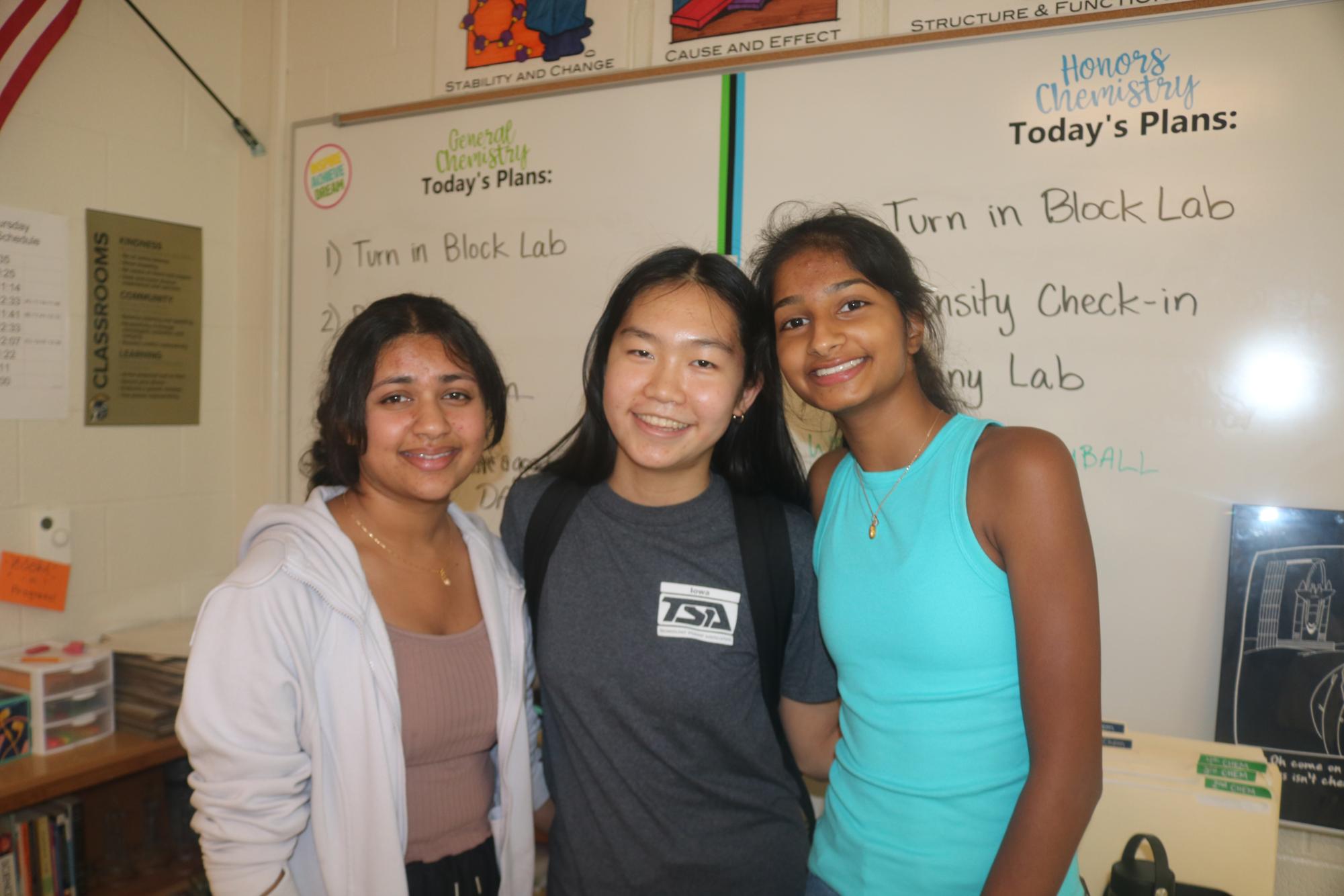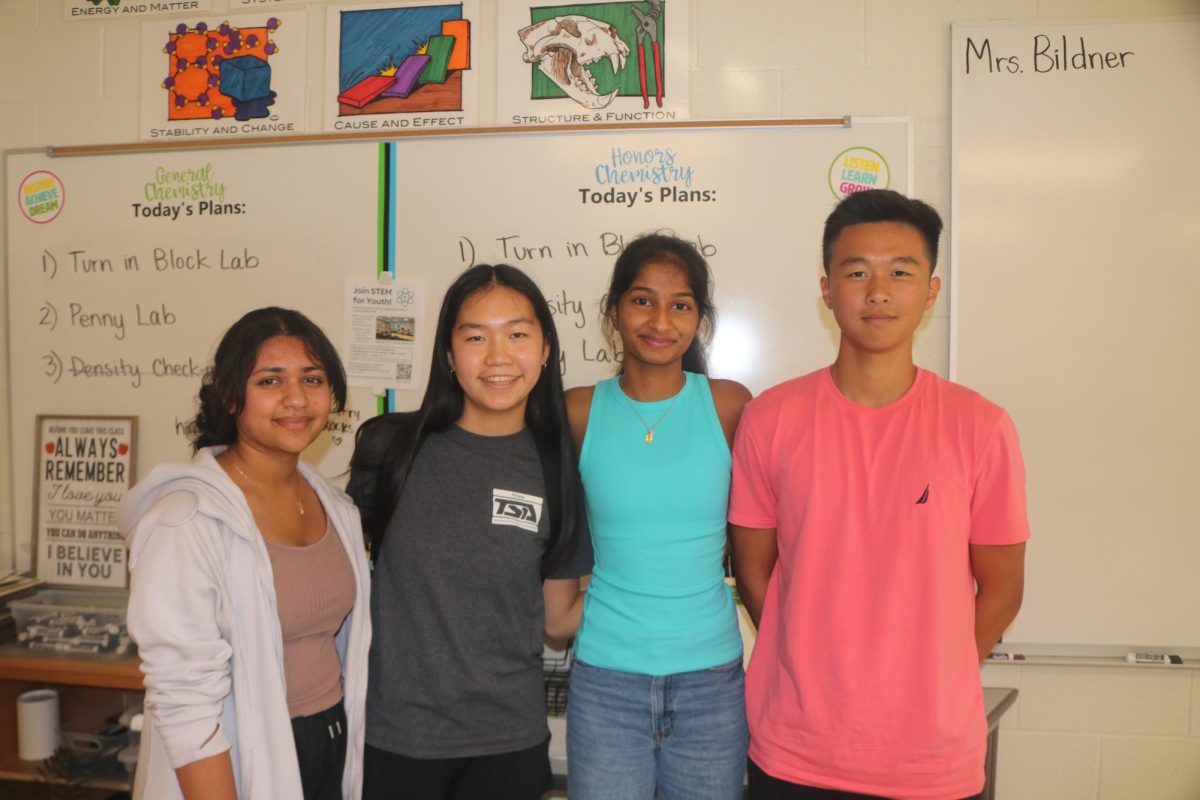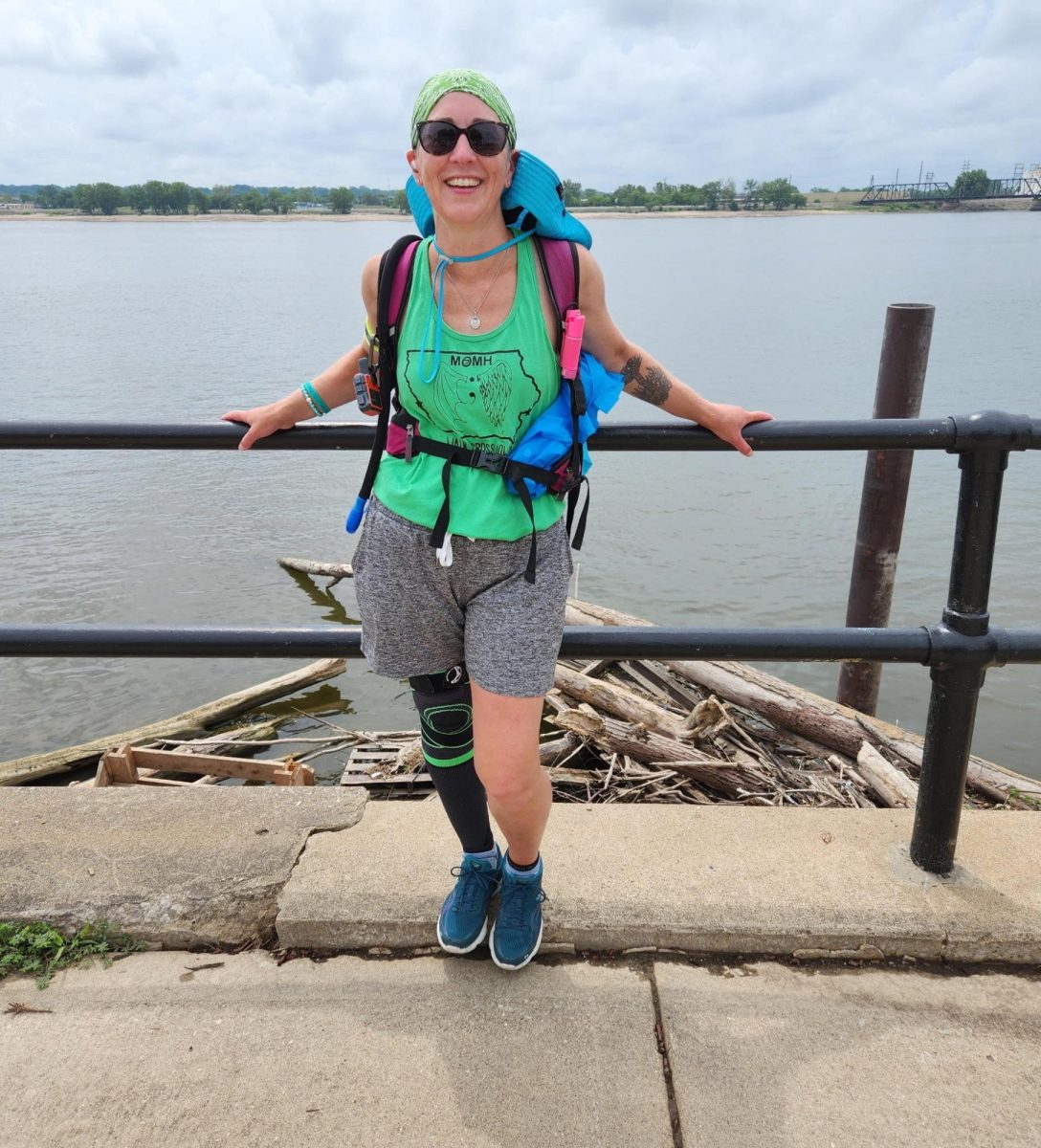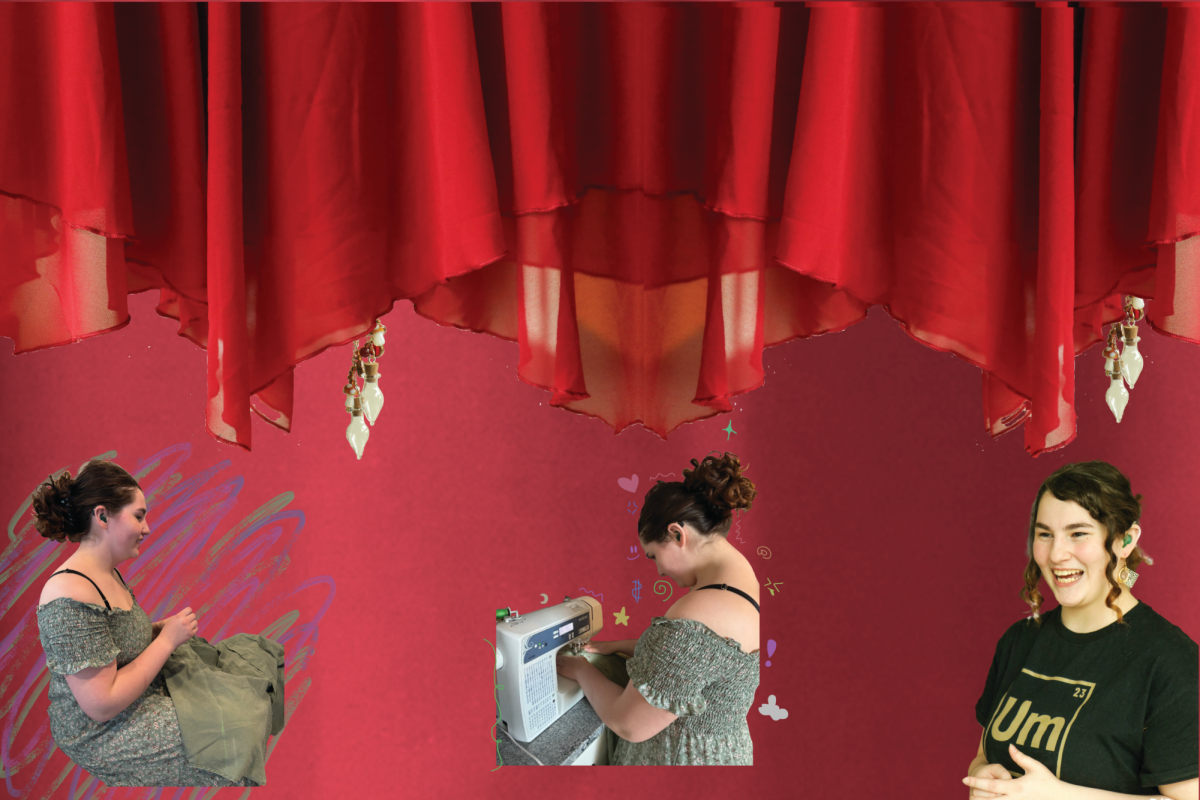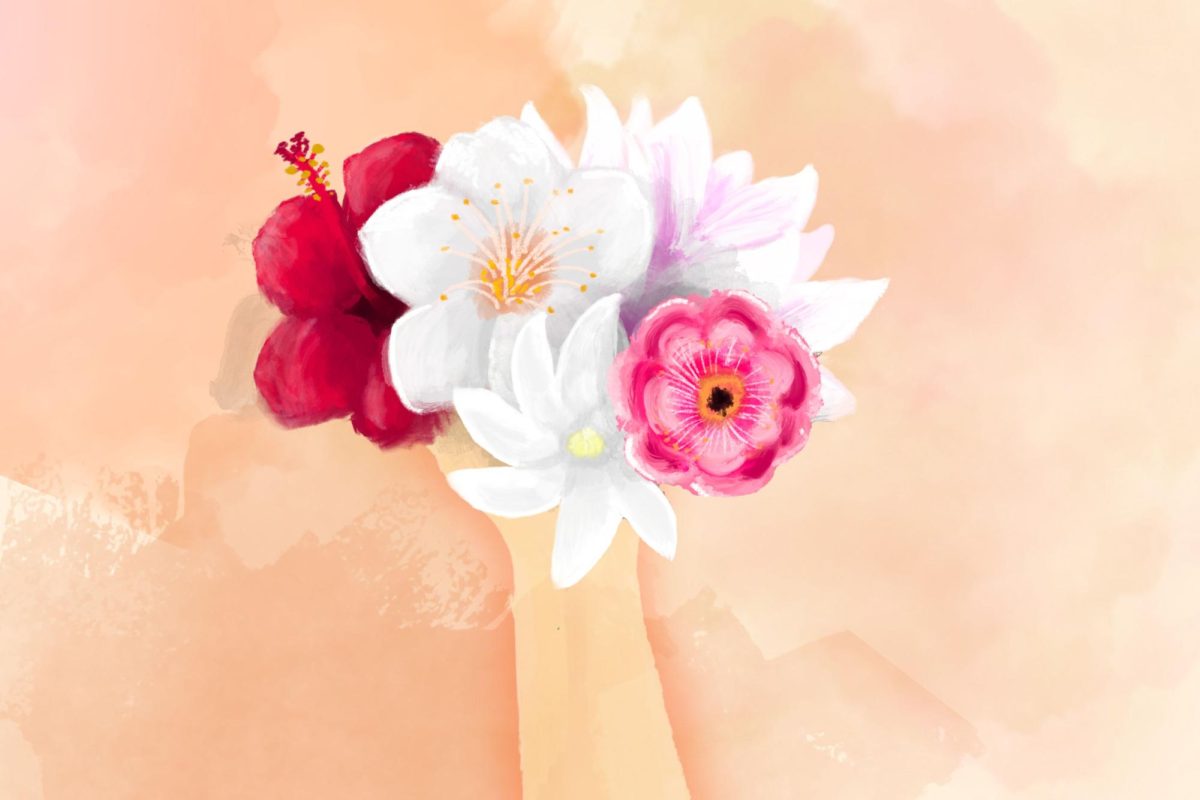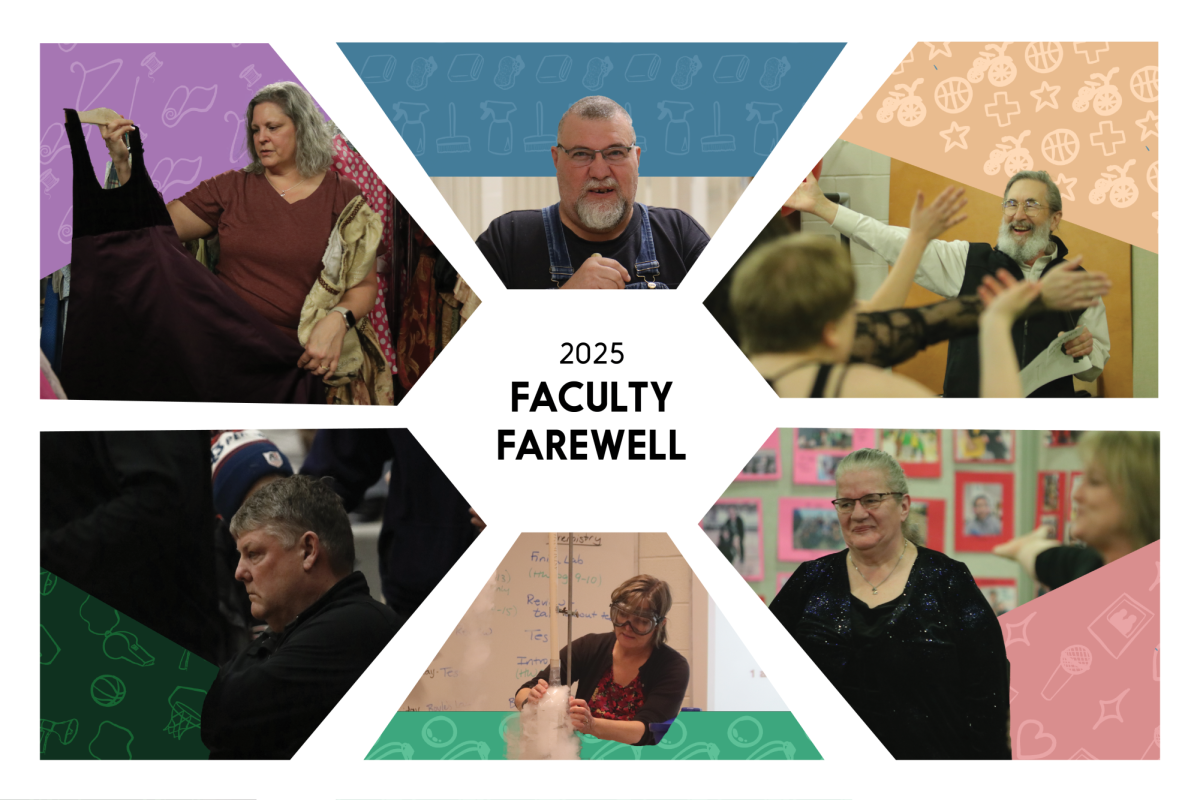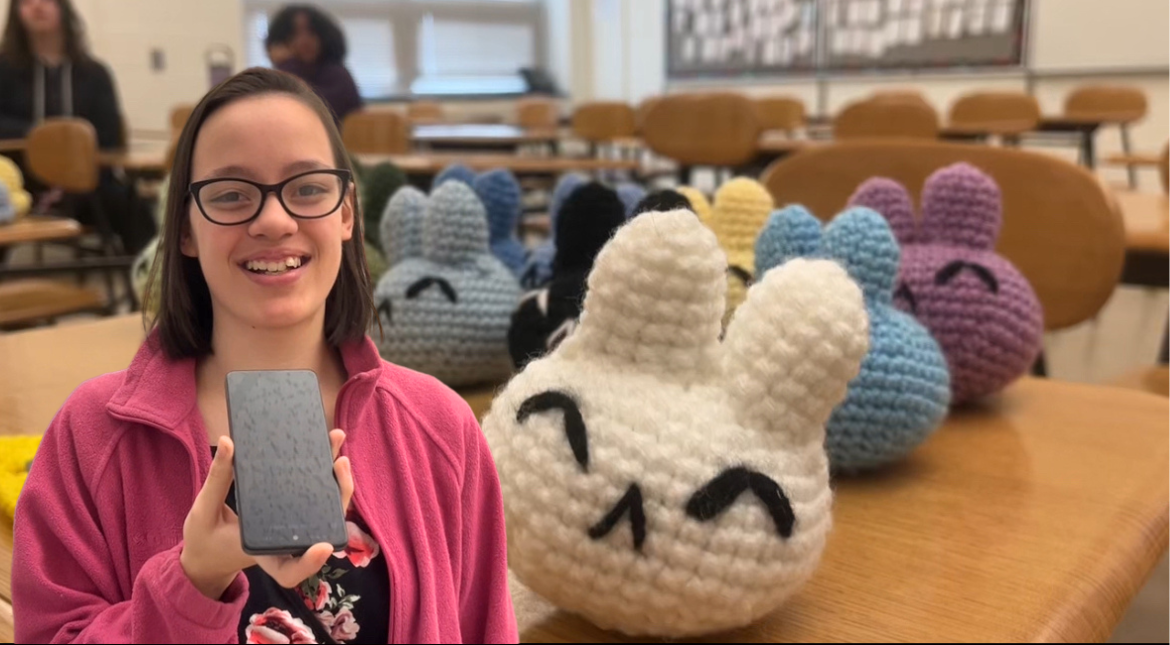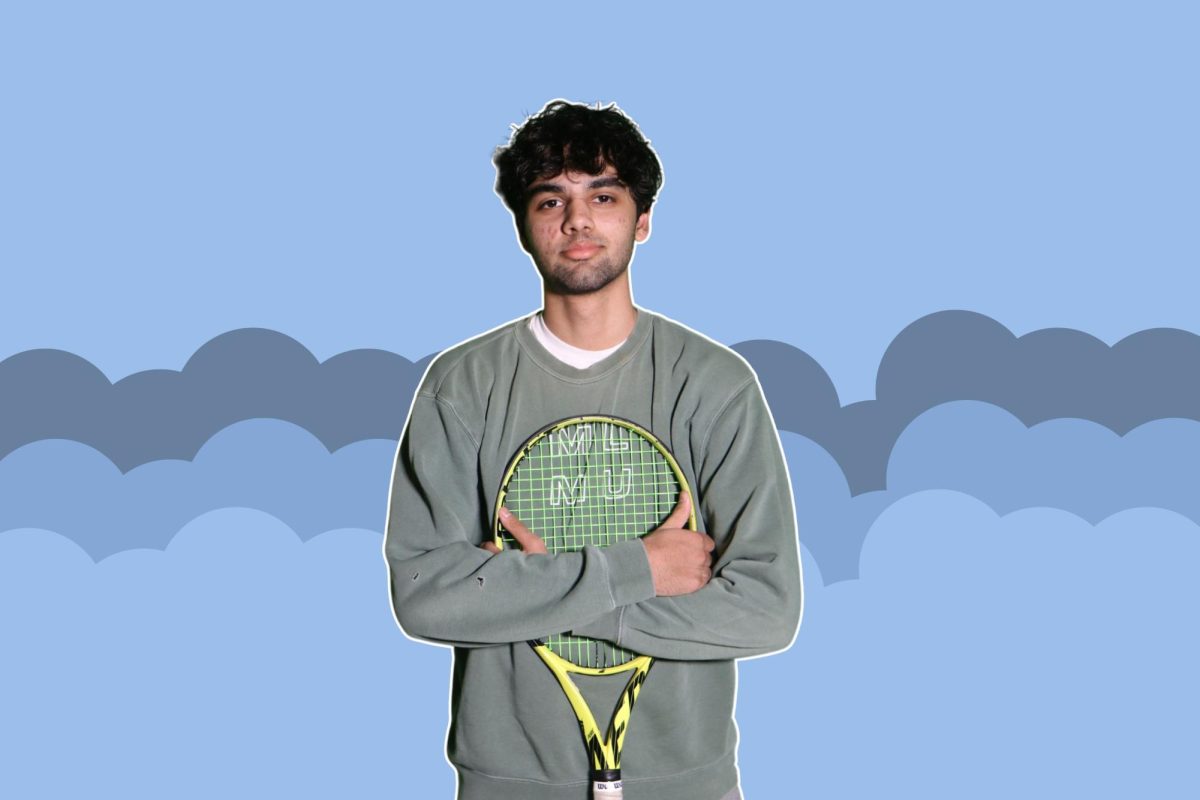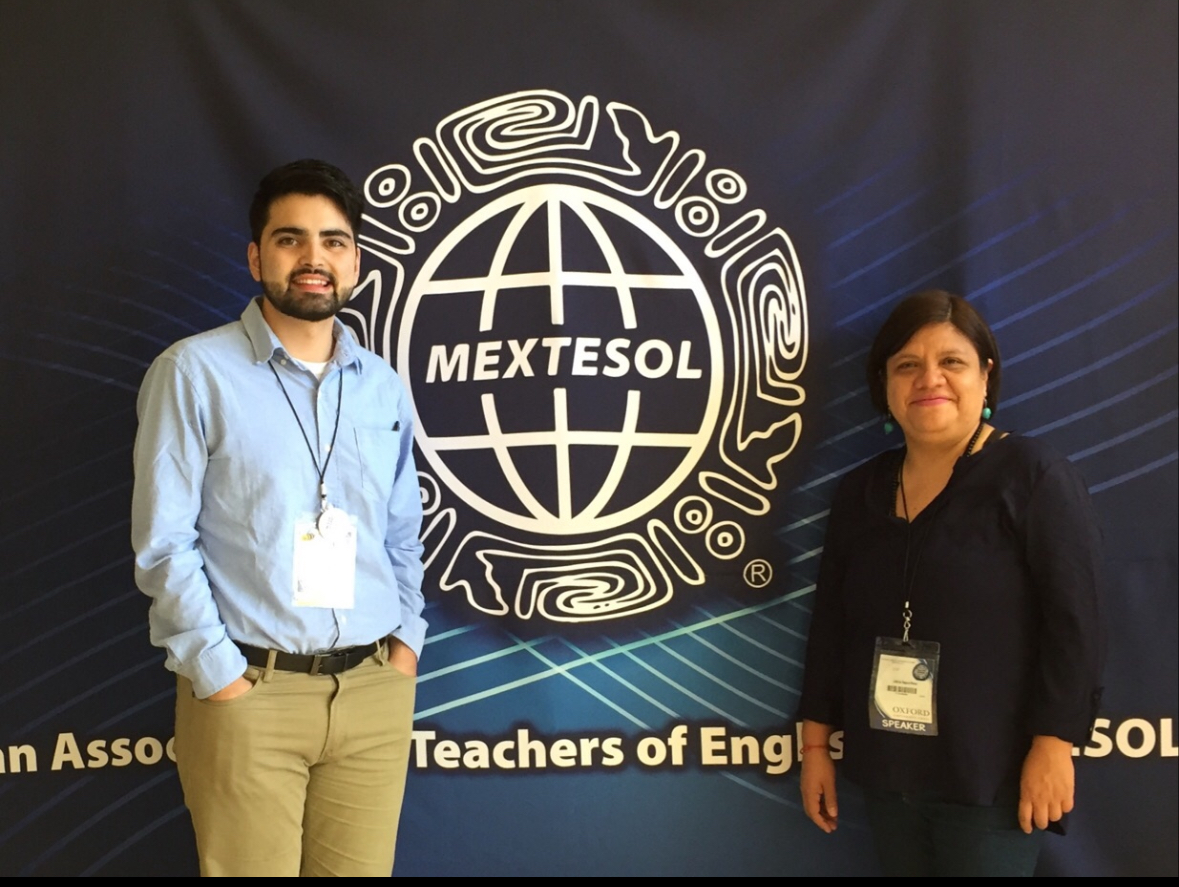Science Olympiad, a club designed to test students’ knowledge of various science subjects through numerous technical events, has undergone several changes with the start of the 2023-24 school year — one of which includes the addition of its newest captains.
Sabrina Du ’25, Anjali Mathews ’24 and Vismitha Vuppala ’24 join Michael Lee ’24, the observational captain during the 2022-23 school year, as the captains of West’s Science Olympiad. As the leaders of one of West’s largest STEM clubs, Du, Mathews, and Vuppala delve into their involvement with Science Olympiad over the years.
Sabrina Du
Du’s interest in Science Olympiad sparked as a result of her peers encouraging her to sign up.
“[I signed up] because some of my friends needed another partner on their team. I joined and had a lot of fun,” Du said. “The whole premise is that the competition is done with a partner or a trio — there’s that aspect of learning to work with other people. That includes scheduling and also practicing with them. You spend a lot of time with your teammates, and you have the opportunity to get really close with them and make friends.”
Du participated in the Codebusters event at both the regional and state levels, noting that both the partnerships and content were important factors when it came to selecting her event.
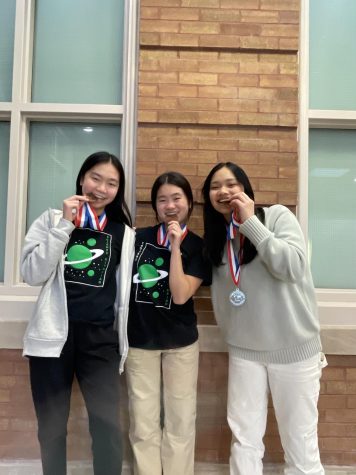
(Jessie Li)
“I liked [Codebusters] a lot because I did with my friends. We’ve been super successful at it. It’s super interesting to tell them about the different ciphers.”
Du and her partners, Anjali Lodh ’25 and Anna Song ’25, performed well in Codebusters, earning them a third place spot at the state competition.
“[The state competition] is one of the biggest memories that I have. That’s what motivated me to keep doing it, because of the amount of people that were there and seeing them at the UNI statewide. It was really fun,” Du said.
The hard work Du invested in Science Olympiad ultimately paid off, inspiring her to apply for a captain position.
“I really enjoyed Scioly and I saw myself playing a bigger role in the club,” Du said. “I also saw a lot of areas that could be improved, and I have a lot of ideas to make Scioly better.”
Anjali Mathews
Mathews’ experience with Science Olympiad sparked at the peak of the Covid-19 pandemic.
“I’ve been doing Science Olympiad for all four years. I started in freshman year, but it was online and was a really different format than how it is now,” Mathews said. “But, we tried it the next year, and I really liked it. I did build events, which is what I wanted to do anyways — you couldn’t really do that online.”
Mathews was partnered with Vuppala for their Flight event, which earned them first place at the state competition. She explains how her prototype was created and the ultimate criteria allowing her and Vuppala to secure first place.
“You’re just creating a ‘from-scratch’ plane. There’s a rubber band motor, you twist it and that twists the fan. When you let go, the fan is propelled. You want it to go in a circle because the point is to get the most time,” Mathews explained. “The weird thing was that we didn’t win based off of time. … We had a torque meter, and I think that showed that we knew more about what we were doing with the plane, rather than just flying it and hoping for the best.”
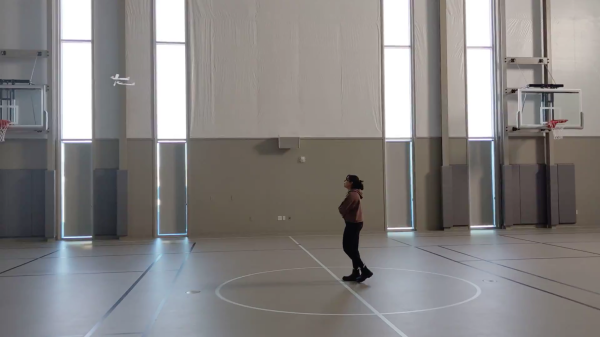
With the complex engineering process of their prototype came numerous obstacles. Mathews explains how her and Vuppala consistently remained organized throughout their trials.
“The main challenge was the plane wasn’t obeying physics. If I moved it forward, it should be doing a specific thing — but it wasn’t doing that, so it was a lot of trial and error. We had to do a lot of markings with the flight log. You would write down what you changed and see the results from that,” Mathews said.
As a captain, Mathews hopes to begin implementing more preparation periods for students leading up to the competitions.
“This year, I wanted to make sure that people were keeping up, just to make sure kids are actually staying on pace and they’re actually preparing well, by making people do practice tests in a session.”
Vismitha Vuppala
“This is actually my second year. My first year was my junior year. I was completely new to the club.” Vuppala said. She notes that she held a strong interest in STEM from an early age.
“I’ve always been interested in STEM my whole life, like ‘I’m going to be a doctor’ — some kind of career in STEM.”
Vuppala’s interest in STEM grew over the years, motivating her to join Science Olympiad and compete with Mathews in the Flight event. She recalls their experience in the regional Science Olympiad competition.
“For the [trial] that we submitted for regionals, it was a really bad flick of the wrist and it looked like it was going down, but it didn’t,” Vuppala said. “We were just like, ‘let’s just keep recording, what can happen?’ and that [had been] our highest time yet.”
The success Mathews and Vuppala had at the regionals allowed them to advance to the state competition. Vuppala recalls the shock the two felt after finding out that they had secured a gold medal in the Flight event there.
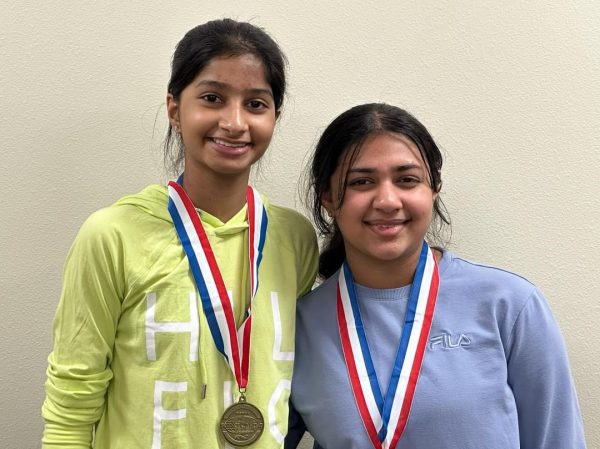
“It’s kind of funny because we got first for flight. When they didn’t announce our team number for third or second, we looked at each other and we were like, ‘no way’. After [announcing] that we had won, we turned to each other in shock. That was the best moment, honestly.”
Vuppala’s experience with Science Olympiad inspired her to continue her involvement in the club this school year as the team’s newest co-captain. Alongside the other captains, she plans to implement new initiatives this year, one of which includes making supplies for build events more accessible to all participants.
“We’re discussing fundraising for this year. [For build events], you have to buy some of the parts yourself. It gets pretty expensive,” Vuppala says.
Vuppala strongly encourages other students to join Science Olympiad.
“Just take the leap and take initiative. Join, because once you get into it and you’re really passionate about your event, you’re going to want to do good.”
Co-captain Lee explains how, aside from the Google Form distributed to applicants interested in becoming captain, the selection process spanned further than their qualifications.
“Although we ask a bunch of questions on the form, the single biggest criteria used to judge was actually just a test of character, where we would ask ourselves whether we could see that person leading the club.”
This process ensured that all of the captains hold a strong sense of leadership and involvement.
“[The captains] play an active role in the club and we work pretty well together,” Lee said.
West’s Science Olympiad held their first meeting on Oct. 2, where Du, Mathews, and Vuppala led the meeting alongside Lee.


